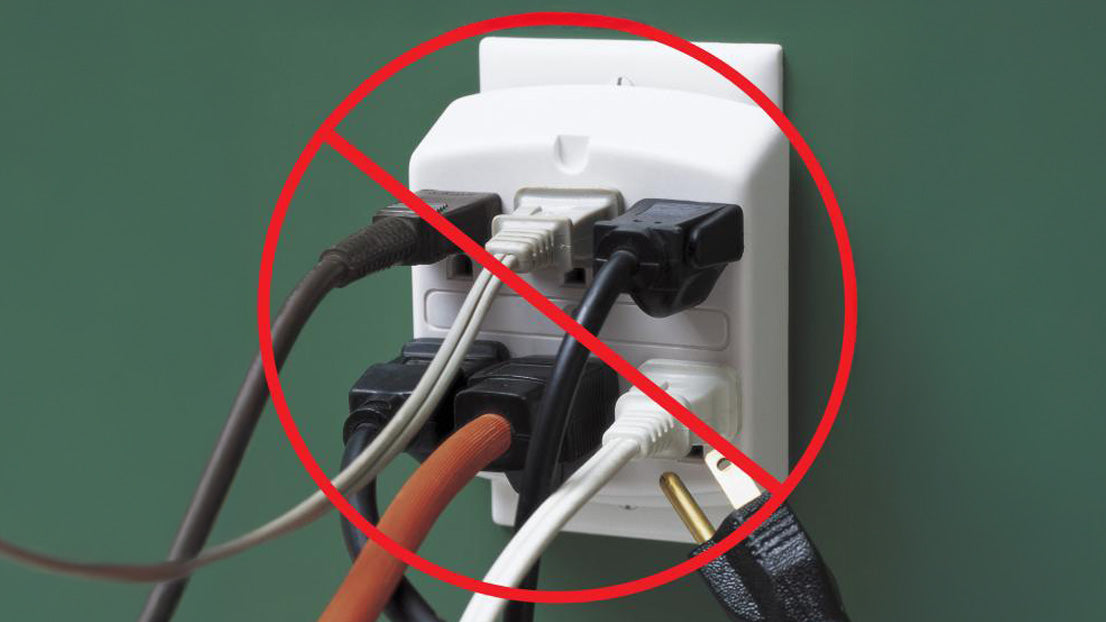Electrical fires are one of the leading causes of home damage in the U.S. Each year, thousands of preventable fires start because of worn outlets, loose plugs, overloaded circuits, or faulty wiring. The good news? Many of these hazards can be eliminated with simple, inexpensive fixes.
In this guide, we share authoritative home safety tips to help you prevent electrical fires—starting with small actions that make a big impact.
Why Electrical Fires Happen
Understanding the most common causes of electrical fires can help you stay ahead of danger:
-
Loose or worn outlets that allow arcing or overheating
-
Overloaded circuits from plugging too many devices into one outlet
-
Damaged cords or plugs that spark or short-circuit
-
Improper DIY fixes or unlicensed electrical work
These are preventable risks. Awareness and small fixes can save lives.
Small Fixes That Prevent Big Disasters
1. Secure Loose Outlets
Loose outlets may seem harmless, but they often lead to arcing—when electricity jumps between contacts—which can ignite surrounding materials.
-
Quick Fix: Use a tool-free insert like Snug Plug to instantly stabilize plugs and reduce risk.
-
Long-Term Fix: Tighten mounting screws or use spacers to secure the outlet in place.
2. Unplug Unused Devices
Idle appliances still draw power and may overheat, especially if left plugged into faulty or loose outlets.
-
Tip: Unplug high-heat devices like toasters, space heaters, or curling irons when not in use.
3. Check for Warm or Buzzing Outlets
An outlet that feels warm or makes noise could be on the verge of failure.
-
Do: Stop using the outlet and contact an electrician immediately.
4. Use GFCI and AFCI Protection
Install GFCIs in kitchens, bathrooms, and outdoor areas, and AFCIs (Arc Fault Circuit Interrupters) in bedrooms and living spaces to shut off power when faults are detected.
5. Avoid Overloading Circuits
Power strips are useful, but not all are created equal.
-
Solution: Use strips with built-in surge protection and never plug one power strip into another.
Home Safety Checklist for Fire Prevention
-
Secure all outlets with loose plugs
-
Replace frayed cords and broken plugs
-
Test smoke detectors monthly
-
Keep flammable materials away from outlets
-
Never run cords under rugs or furniture
-
Install GFCI outlets in wet areas
Real Safety Starts With Small Action
You don’t need to be an electrician to prevent electrical fires. In fact, the smallest upgrades often have the biggest safety payoff.
Remember: Electrical safety isn't optional. It's essential.



Share:
Temporary Fixes vs Permanent Solutions for Loose Electrical Outlets